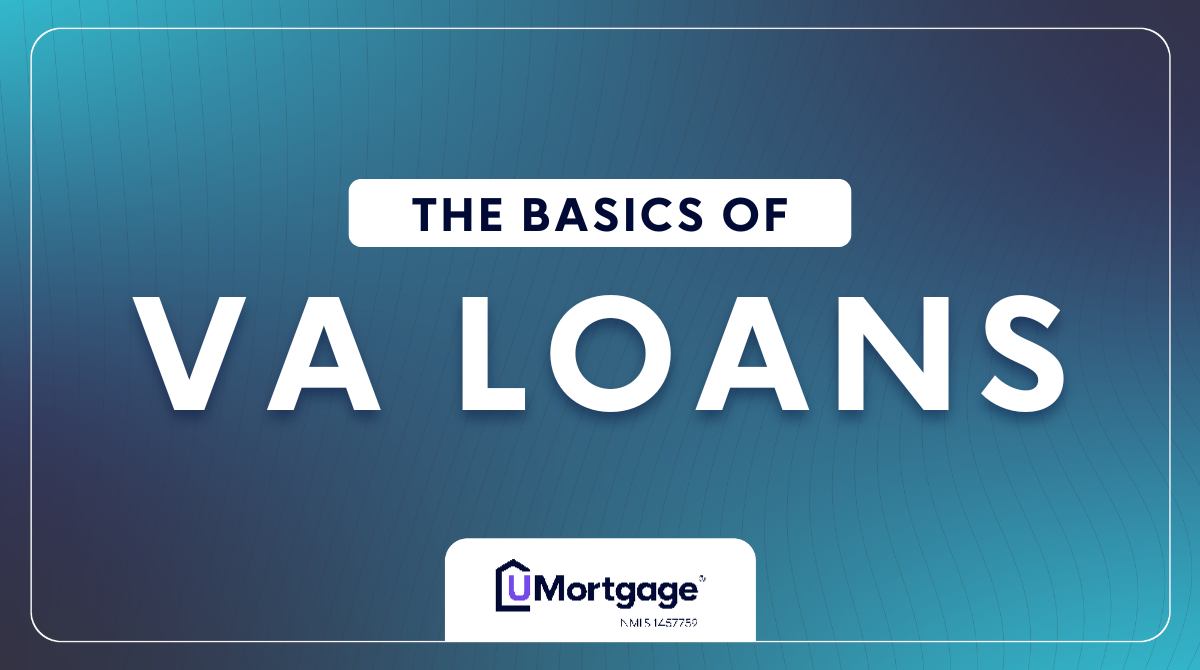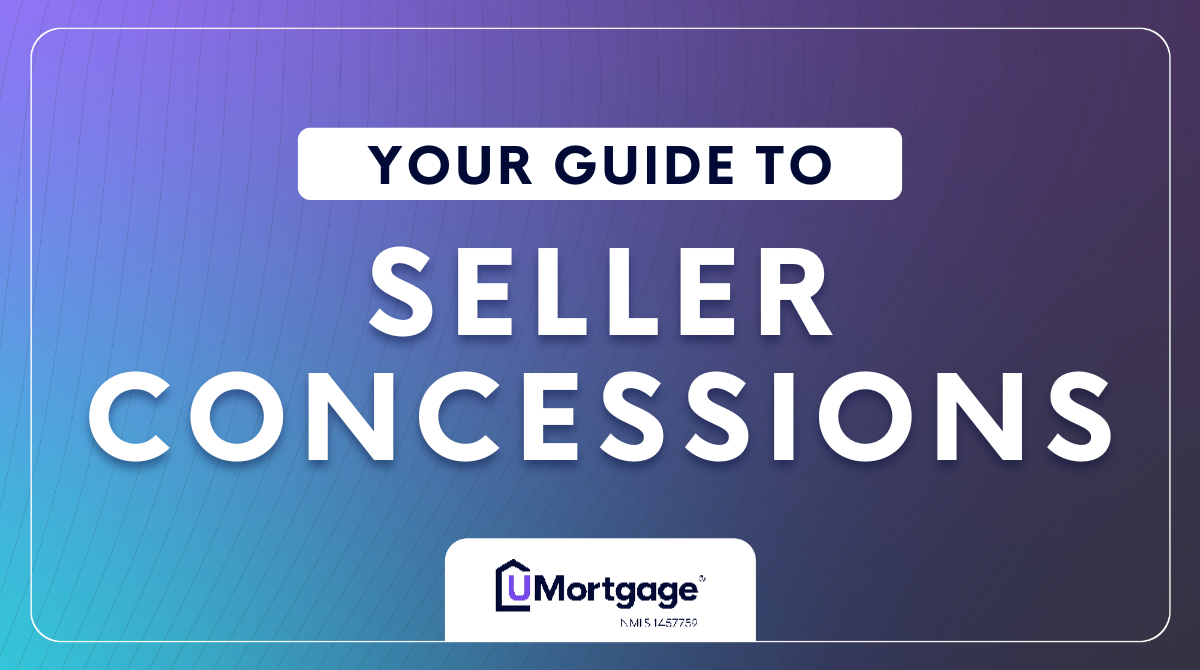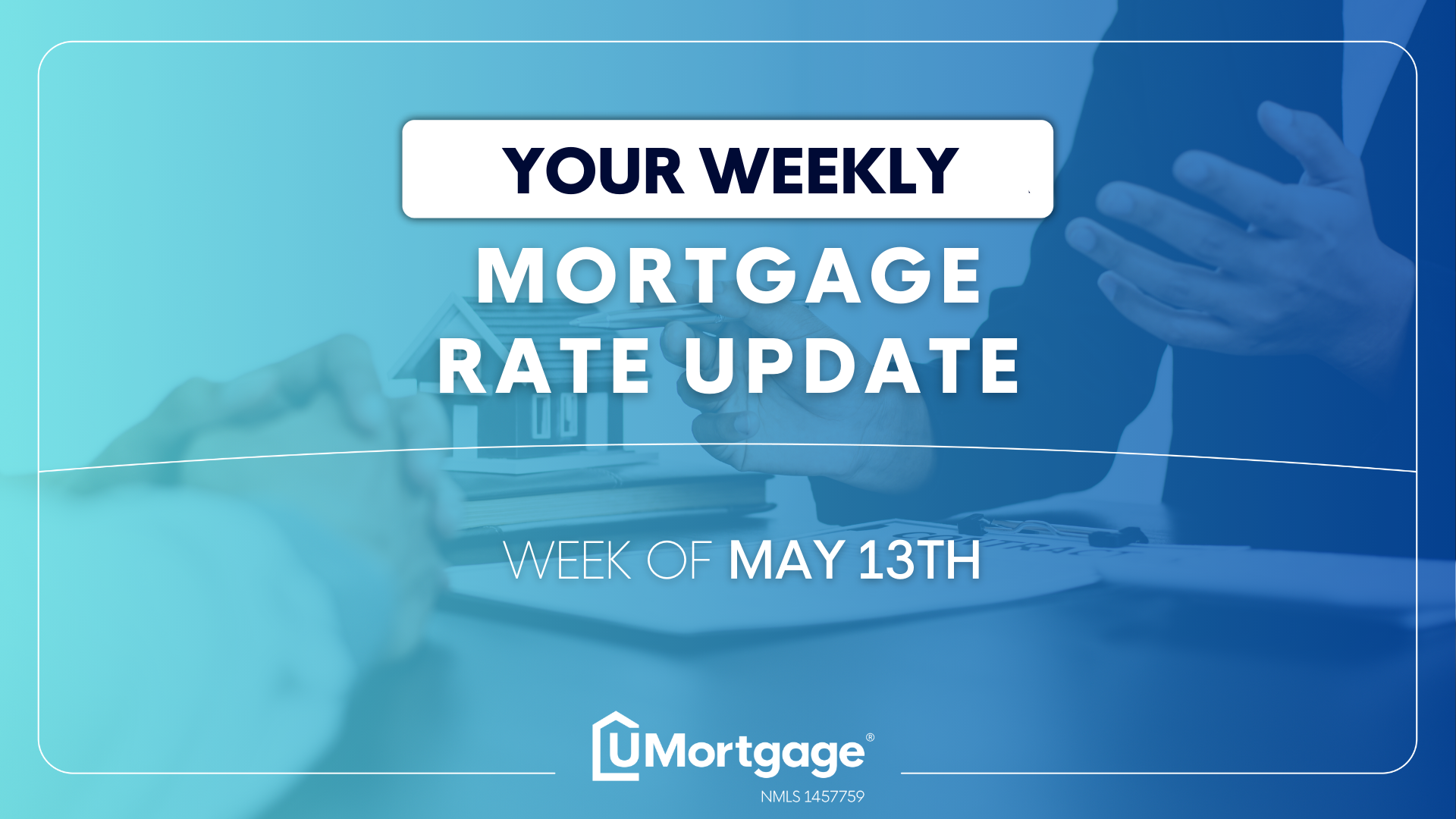

Brennan Pearson
Meet Brennan!
As your trusted UMortgage Loan Originator, my goal is to simplify the mortgage process to make your home loan experience easy to navigate! Please reach out so I can help start your home financing journey.
Serving Homebuyers In:
- North Carolina
- South Carolina
- Virginia
Mortgage Calculators
Monthly Payment
Find your monthly payment
What does a monthly mortgage payment look like for you? Get an estimate with some basic information.
Estimated Monthly Payment
The UMortgage mortgage calculators are for estimation purposes only. This is not a commitment to lend. For an exact quote based on your individual financial circumstances, please contact me.
Affordability
What is your budget?
Curious about how much you can afford to spend on a home? Use our calculator to get an estimate on your maximum budget.
Maximum Home Price
Maximum Monthly Payment
The UMortgage mortgage calculators are for estimation purposes only. This is not a commitment to lend. For an exact quote based on your individual financial circumstances, please contact me.
Refinance
Should you Refinance?
Refinancing might save money on your monthly mortgage payments, putting cash in your pocket. With some basic information from you, we can help decide if this is a good path for you.
Monthly Savings
Total Savings
The UMortgage mortgage calculators are for estimation purposes only. This is not a commitment to lend. For an exact quote based on your individual financial circumstances, please contact me.
Your Mortgage Questions, Answered!

VA Loan Bootcamp: Understanding the Basics of Your VA Homebuying Benefits
If you served, are currently serving, or are a widower of a past service member, you have earned the right to a VA loan. Before we get started, a VA loan is a home loan benefit backed by the Department of Veteran Affairs (VA) to help you buy, build, repair, retain, or adapt a home for your own personal occupancy. VA home loans are provided by private lenders, such as banks and mortgage companies. VA guarantees a portion of the loan, enabling the lender to provide you with more favorable terms. In this blog, we'll delve into the fundamentals of VA loans, help you understand the eligibility criteria, and give you a look at the benefits that come with a VA loan. Whether you're a first-time homebuyer or looking to refinance your existing mortgage, partnering with experienced VA experts at UMortgage ensures a seamless journey toward homeownership. How Do VA Loans Work? While the VA backs VA loans, they do not provide them. Rather, eligible borrowers work with a VA-approved mortgage lender to get their VA loan. Below, we’ll give a high-level overview of the eligibility requirements and VA loan process. How to Know if You're Eligible for a VA Loan To qualify for a VA loan, veterans and active-duty service members must meet different service requirements to qualify. Military members or surviving spouses can qualify if they or their spouse served: • 90 consecutive days on active duty during wartime • 181 consecutive days on active duty during peacetime • 6 years in the National Guard or Reserves, or 90 days under Title 32 orders with at least 30 days served consecutively For full qualification guidelines, you can refer to the VA’s comprehensive eligibility requirements. How to Obtain Your Certificate of Eligibility (COE) A Certificate of Eligibility (also known as a COE) is required to qualify for a VA loan. Your COE is a formal document issued by the VA confirming that you’ve met the eligibility requirements noted above. You don’t need to obtain this document before starting your mortgage process; your UMortgage Loan Originator can obtain your COE on your behalf as you work with them to kickstart your homebuying journey. Understanding the VA Funding Fee The VA funding fee is a one-time fee paid to the VA when obtaining a VA loan. The VA funding fee helps offset the cost of the VA loan program to taxpayers in place of a down payment requirement. The amount of the funding fee varies based on your down payment amount, the type of transaction (purchase or refinance), your service branch, and whether it’s your first time using your VA loan benefits. If you're a Veteran or active-duty buyer receiving compensation for a service-connected disability or are deemed 10% or more disabled by the VA, you are exempt from paying the funding fee. Your VA Loan Benefits Explained A common misconception about VA loans is that they’re riskier and sometimes more expensive than a conventional loan. This couldn’t be further from the truth! In fact, VA loans work a lot like any other home loan but also include a plethora of benefits that help to make the homebuying process significantly easier and more affordable for Veterans and active-duty service members. Below, we’ll break down some of these key benefits: 0% Down Payment One of the biggest benefits of your VA loan benefit is the ability to purchase a home without a down payment. A down payment is often the most expensive part of the homebuying process, with conventional loans requiring at least 3% down and FHA loans requiring a minimum of 3.5%. This benefit alone can make a home purchase significantly more affordable for eligible borrowers. No VA Loan Limits The VA-backed home loan limit refers to the amount the VA guarantees, or the maximum amount paid to your lender if you default on your loan. The VA doesn't limit how much you can borrow to finance a home. This means that if you still have your COE intact, you can borrow the maximum amount that you qualify for at 100% financing. Additionally, the Federal Housing Finance Agency (FHFA) increased its county loan limits throughout the United States for borrowers with partial eligibility available. In layman's terms, this means that you are entitled to greater flexibility as a borrower throughout your journey of homeownership. To learn more specifics about how much you can qualify for, feel free to consult with your UMortgage Loan Originator. Flexible Underwriting Compared to conventional loans and other loan products, VA home loans come with incredibly flexible underwriting terms. With lower credit score requirements and no stipulations for debt-to-income ratios, qualification will be based on residual income requirements. In certain regions across the country, borrowers might qualify for tens of thousands more than they might with a conventional loan. Lower Interest Rates VA loans typically have more competitive interest rates than other loan types. Because these loans are backed by the VA, lenders have less risk associated when funding VA loans and therefore can offer lower rates than a conventional loan. No Private Mortgage Insurance Because they’re backed by the VA, VA loans don’t require mortgage insurance. In contrast, conventional loan or FHA borrowers who pay less than a 20% down payment have to pay for private mortgage insurance, which is an additional cost added to their monthly mortgage payment which can negatively impact purchase power. Capped Lender Fees & Closing Costs The VA limits lender fees to 1% of the total loan amount. Because of these capped lender fees, VA borrowers typically have lower closing costs compared to those with conventional or FHA loans. Repeat Use of VA Loan Benefits As long as you maintain your Certificate of Eligibility, your VA loan benefits are lifetime benefits that can be used more than once! Consult with your UMortgage Loan Originator to discover your buying power if you’ve already used your VA benefits to purchase a home in the past. The benefits of buying a home with a VA loan can help make the homebuying process significantly more affordable over time for eligible borrowers. For more insight into these benefits, reach out to your UMortgage VA expert! Why You Should Work With an Experienced VA Loan Originator VA loans historically prove to be the best loan product on the market with the benefits they offer borrowers. However, there are plenty of misconceptions surrounding VA loans throughout the mortgage industry which might lead many mortgage brokers and real estate agents to try and lead VA borrowers away from VA loans. UMortgage is a staunch advocate for military homeownership with leaders throughout the organization ensuring proper education on all things related to VA loans. When you work with UMortgage to purchase your home with a VA loan, you can trust that you’ll unlock a homebuying experience that puts your priorities first and possesses the knowledge necessary to utilize every benefit and get your loan closed with ease. If you’re ready to unlock your VA loan benefits, reach out to your UMortgage Loan Originator today!

Seller Concessions: What They Are, How They Work, and How They Benefit Sellers & Buyers
Buying a home is an exciting journey but can also come with unexpected costs and hurdles. If you’re buying or selling a home, using seller concessions can often make buying a home more accessible for homebuyers or can sweeten the deal and speed up the selling process after you’ve listed your home. In this guide, we’ll break down what seller concessions are, how they work, and why they’re beneficial for both buyers and sellers. What Are Seller Concessions? Seller concessions are agreements between the buyer and seller during the homebuying process. These agreements typically involve an agreement for the seller to pay some of the buyer's closing costs, such as appraisal fees, title insurance, or even points on their mortgage. Essentially, it's the seller chipping in to help cover the expenses associated with closing on the home. By offering concessions, sellers can attract more potential buyers and make their property more appealing in a competitive market. For buyers, seller concessions can alleviate some of the financial burden associated with closing on a home to make their home purchase more affordable. If negotiated properly, seller concessions can hugely benefit all parties to help make the homebuying process faster, smoother, and more affordable. How Seller Concessions Work When a seller agrees to provide concessions, it's typically negotiated as part of the purchase agreement. The specifics of the concessions, including the amount and what expenses they cover, are outlined in the contract. Both parties need to agree on the terms upfront to avoid any misunderstandings later in the process. Once the agreement is in place, the concessions are typically applied as a credit towards the buyer's closing costs. Instead of the buyer having to pay these costs out of pocket, they can be rolled into the mortgage and paid incrementally over the loan’s term. It's important to note that there are limits to how much a seller can contribute towards closing costs, which can vary depending on the type of mortgage and the lender's guidelines. How Seller Concessions Benefit Both Buyers and Sellers Seller concessions offer numerous benefits for both buyers and sellers. For buyers, they provide much-needed financial relief during the homebuying process. By having some of their closing costs covered by the seller, buyers can preserve their savings for other expenses, such as moving costs or home improvements. On the seller's side, offering concessions can help expedite the sale of their property. In a competitive market where multiple offers are common, providing concessions can make a listing stand out and attract more potential buyers. Additionally, by helping buyers with their closing costs, sellers may be able to negotiate a higher sale price for their home. Seller concessions are a valuable tool in the homebuying process that benefit both buyers and sellers alike. By understanding what seller concessions are, how they work, and their mutual benefits, homebuyers can make informed decisions that help them achieve their homeownership goals while navigating the complexities that commonly come when closing on a new home. If you have any questions about seller concessions throughout your homebuying process, feel free to reach out to your UMortgage Loan Originator. They’ll be able to help you make an informed decision before negotiating your purchase agreement to make sure your mortgage works with your individual financial situation.

Housing Market Update | Week of May 13th
Mortgage Rate Forecast - Week of May 13th After a pretty quiet week last week, we are back in the thick of the market data cycle with two inflation reports — the Producer Price Index (PPI) and the Consumer Price Index (CPI). Markets aren’t expecting much progress toward a lower inflation rate; however, recent labor data indicates that we could see continued job market weakness as the year continues. Mortgage Rates Last Week Rates Were Steady As was expected, last week was quiet regarding market data that could impact mortgage rates. We did see continued softening within the labor market as initial jobless claims hit their highest level since last August. The Federal Reserve has emphasized the role that a weak labor market will play in their decision to cut the federal funds rate this year, and if this kind of data continues to trickle in, the odds of rate cuts this year could increase. This Week's Mortgage Rate Forecast Rates Could Move This week, we have two big pieces of inflation data with the PPI and CPI inflation reports coming on Tuesday and Wednesday, respectively. Market expectations are that year-over-year inflation will remain at 3.5% in the CPI report, which is the main marker measured by the Federal Reserve. The onus of lower rates remains with labor data, and with some softening in the labor market seen earlier this month plus tighter spreads between the 10-year yield and mortgage rates, momentum could be on our side to see lower rates soon. When we work together to create more confident homebuyers, we go a long way toward creating the best possible homebuying experience for our clients. Later this month, we’re hosting an exclusive training session sharing methods that will help us instill confidence in our buyers and quell any fears that they may have. Save your spot for the training on Tuesday, May 28th at 3pm ET.
Serving Homebuyers In:
- North Carolina
- South Carolina
- Virginia